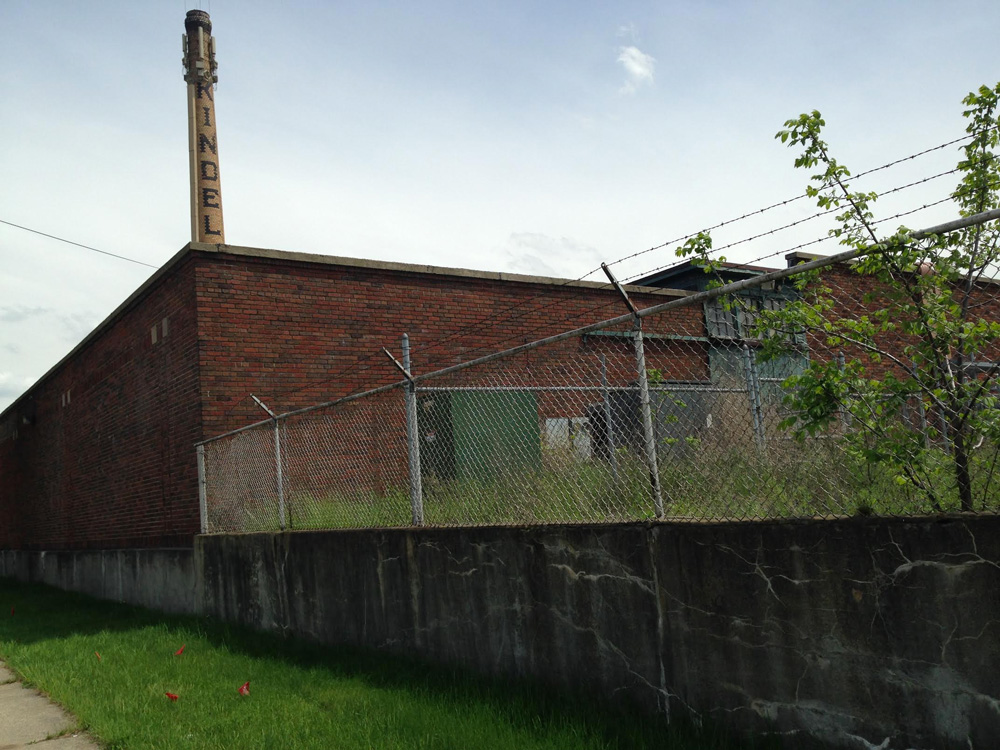The ongoing news stories on our country’s unemployment numbers identify a serious economic concern. And while there are many reasons people can’t get jobs, those most handicapped are the men and women newly released from jail or alcohol/drug rehabs. The fact that they’ve paid their debt to society in the first group, and, in the second, chosen the tough road of treatment to stay clean and sober matters not to employers. They read “jail” or “alcohol/drug rehab” on a job application and move on to the next candidate.
And for good reason! These are high-risk employees who have either broken the law, succumbed to alcohol/drugs, or, in many cases, done both. But eight years ago successful business owner Scott Jonkhoff decided somebody had to give these men a chance to prove themselves. He bought two houses on Hall and Division and hired three of these ‘newly released’ men to renovate it.
The next year, 2008, Scott’s dream of helping more men reach the “next step” in their lives became a 501-C 3 non-profit he named for that mission. “I started Next Step,” Jonkhoff said, “because men kept coming to me who needed work and an opportunity to prove themselves. There is a tremendous amount of talent, potential, and energy sitting behind bars, and, yes, there is a stigma. Yes, our guys have made some mistakes and screwed up. But so have you and I. If we could put a fraction of the amount of resources into helping, versus the cost of warehousing ex-offenders, I believe those actions would begin to reverse some of our stigmas.”
In 2009 the City of Grand Rapids hired Next Step to do six full remodel projects and Scott hired more jobless men. By 2010, Next Step had ten men on the payroll, a budget of $775,000, and had built a reputation for quality work coming in on time and under budget. By 2012, Next Step had completed over fifty jobs.
Their expanding services—construction/reconstruction, landscape/lawn, demolition, custom woodworking and furniture—now require more space. When asked to support Next Step’s current $1.4 million campaign to buy and restore the vacant Kindel factory on South Division, The Wege Foundation signed on for $150,000. Next Step is now half way to meeting its goal. Next Step’s mission matches The Wege’s Foundation’s, including the environment as the reconstructed Kindel plant will follow the U.S.G.B.A.’s green building standards.
Pictured here is the once proud Kindel Furniture plant that next year will again produce fine hand-crafted furniture when Next Step moves in giving not just jobs, but also hope and self-esteem to those men and women looking for a second chance in life.
The ultimate goal for Next Step employees was summarized in a response from a local business. After proving herself for a year at Next Step, one worker got this response from an employment application. “We checked out your work history and you have a job.”
Click on these links to find out more about Scott Jonkhoff’s vision for helping people who’ve paid big consequences for their destructive choices and now ask only for a fair chance to start new, healthy, and productive lives.
www.rapidgrowthmedia.com/features/scottjonkhoffUIX.aspx

